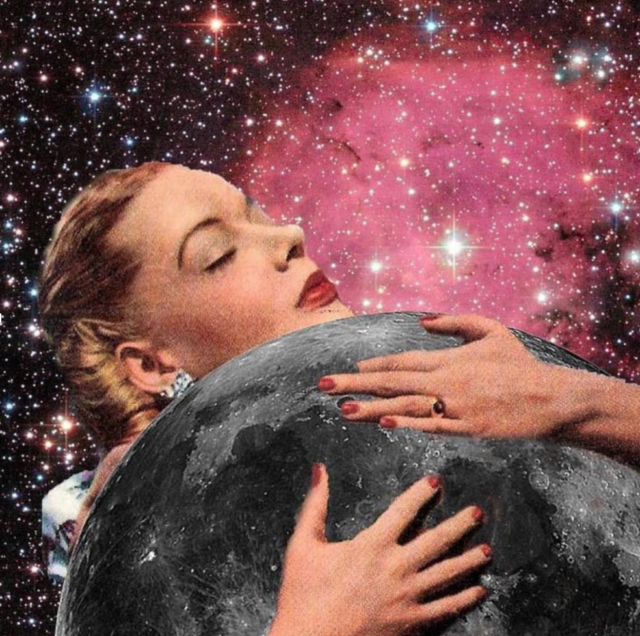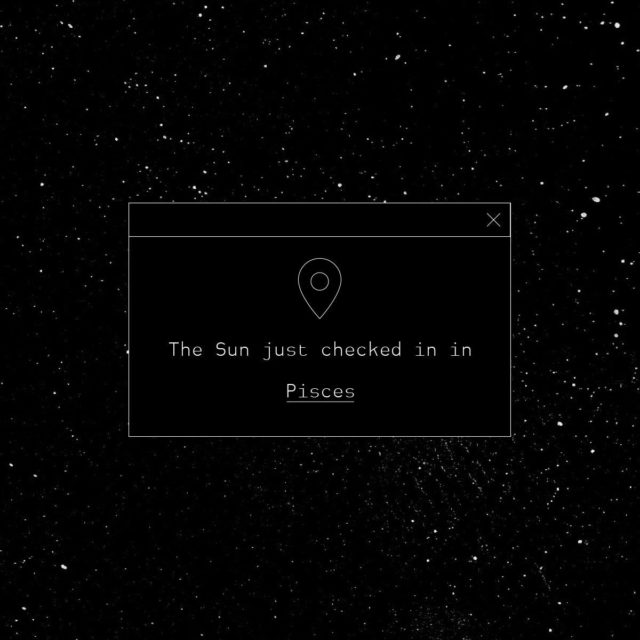Astrology on the Psychoanalyst’s Couch

Astrology is a literally fantastic way of responding to human beings’ different psychic and existential demands. If it is capable of doing this, only those who ask the questions can confirm it to be so.
But what is really interesting is taking a look at the questions themselves. Reflecting upon our own needs and concerns, and not so much on the answers that fall magically from the sky. Finding the right question (even if it doesn’t have an answer) may be more important in the course of life than finding countless obvious answers to easy questions.
But when all is said and done, what should we ask an astrologer? Well, whatever you want really…
_ Who am I?
_ What am I like?
_ Will I be lucky in love?
_ Should I quit my job?
_ When this?
_ Why that?
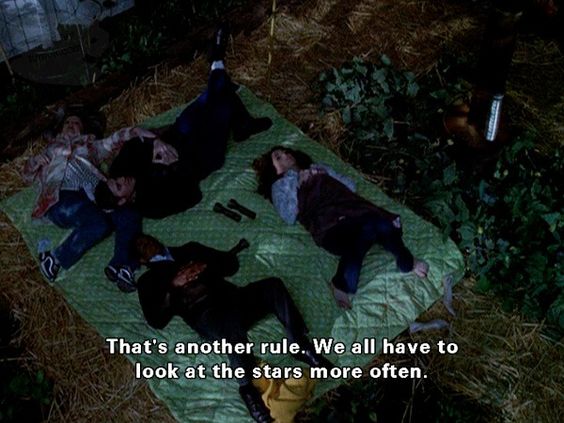
Astrology gives a symbolic map of the process of self-realization. – Ralph Metzner
Asking questions about yourself (even if it is with the help of a guru in the form of one that supposedly knows it all) is a way of implicating yourself in your own history. Generally, it is hoped that this type of answer comes principally from within the subject (“einsicht”) rather than from ‘without’.
In this sense, psychoanalysis and astrology are very close friends. Both have their origins in mythological constructs and this alone sets them apart from many other fields.
Psychoanalysis doesn’t give straight answers, or even any evasive answers. It all depends. A horoscope, on the other hand, is an ocean of apparently objective variables, but they are variables that also always lead to the path of interpretation. Everything depends, because everyone is different; and only each one of us can best know ourselves. No external dogma or understanding should take away the subject’s ability to face himself.
There are those who don’t like psychoanalysis, and there are those who can’t handle astrology. The truth is that both areas of study make use of metaphors to understand the world. The attribution of meaning is essentially subjective, and the ability to provide certainties and make predictions is always limited.
Prediction may be deficient, but the interpretation of symbols never is. The metaphorical system is pure potential, an infinity to be unveiled and redefined with each reading, each session. It is a long tour. Lacan’s Journey of the Soul.
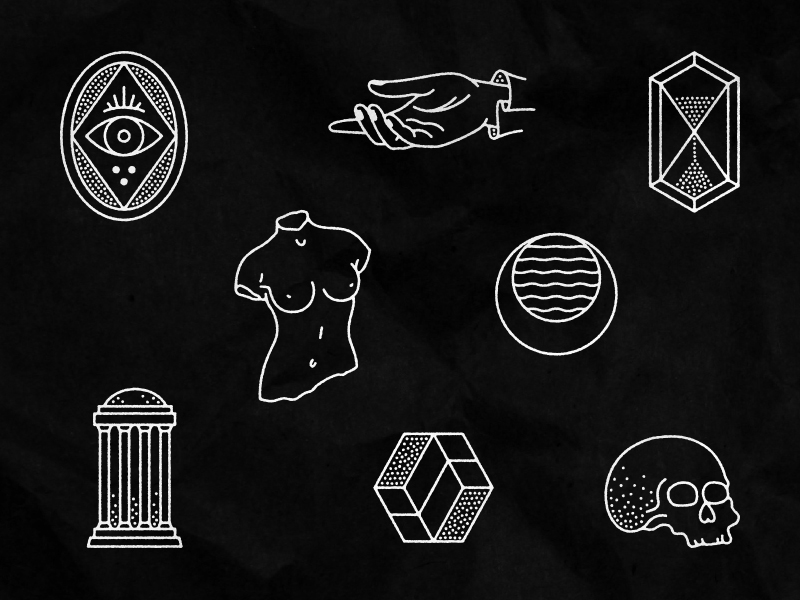
I should like to lose the habit of conversation and, like nature, express myself entirely in drawings. – Goethe
Unfortunately, it seems we feel little symbolism in the day-to-day astrology of 2017. And it has been this way for some time.
The master of modern communication, Wilson Ferreira recalls that, in the 1950s, the sociologists Adorno and Roland Barthes performed studies using astrology columns from newspapers and magazines. Both came to the same conclusion: mass astrology exorcises the Real and is no longer an opening to the Hidden and the Imaginary. Is this the astrology that we want? Another realistic and disciplinary mirror?
In an analogy with the culture industry, Barthes concluded that astrology tends to eliminate the distinction between fact and fiction: its content is very often exaggeratedly realistic, whilst at the same time suggesting attitudes based in irrational sources. There is nothing more irrational than the unconscious.
But this is a game with a risk. And a responsibility. There is a veiled sense of danger and vigilance about what we can and cannot communicate in a horoscope, even though it is ‘just a horoscope’.
It is not highly recommended, for example, to say to someone “skip work today, go to the park and play with your dog”. Observation of order, common sense, moderation, and good and moral customs are intrinsic to mass communication. They preserve a type of pre-fabricated social normality – the great enemy of authentic and personal reflection. It seems that the stars and planets are also censored and manipulated by us humans.
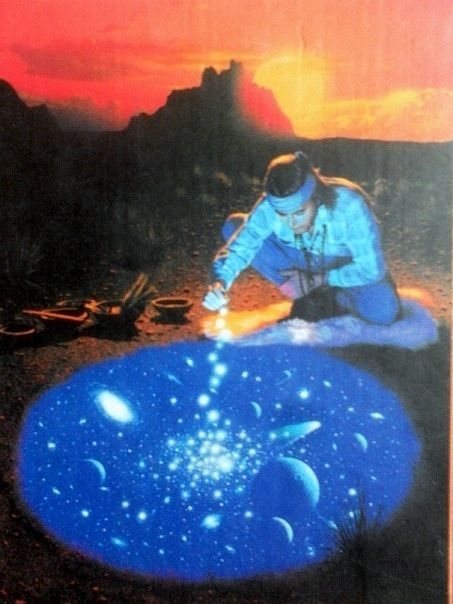
But here we can ask ourselves; what sort of a modern individual would take everything literally and not have the ability to see things as metaphors?
Psychoanalysis and astrology have something in common (or they should have) – an invitation to Dream. This is not about establishing reality, but about inspiring possible realities.
The positivist tone, the motivational discourses and the simplistic formula of “having problems and leaving them behind” – it all just puts astrology down.
For astrology to avoid falling into this role, as Barthes put it, of the ‘literature of the petite-bourgeoisie’, it becomes necessary to do something actually creative and transformative with so much material available – these planets and stars that dance right above our heads.
* Lucas Liedke
Co—founder of Peoplestrology and float. Psychoanalyst in private practice in São Paulo, Brazil. — lucas.liedke@gmail.com

